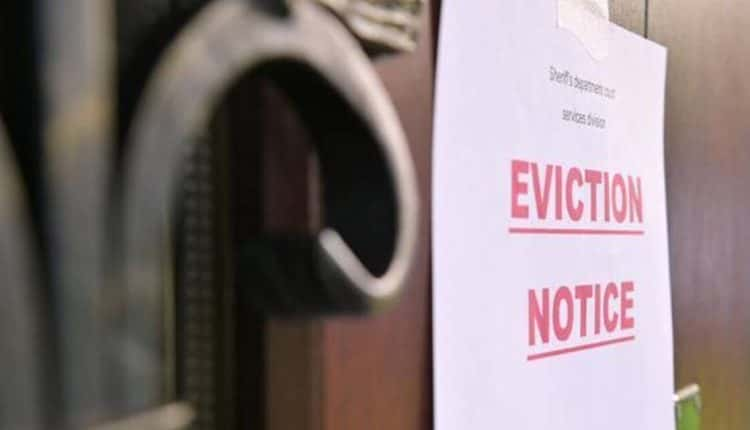
According To Study, Eviction Rates Were Higher In Largely Black Neighborhoods
People are evicted from their houses across the country for a variety of reasons, but not uniformly by city or neighborhood. According to a new study from the University of Kansas, neighborhoods with mostly people of color renters or families with children have higher eviction rates than gentrified or high-rent districts.

Common Reasons For High Eviction Rate In Kansas City
In recent years, there has been widespread coverage of a home price issue across the country. And the most common reason for eviction is failure to pay the rent. However, according to a study conducted by Hye-Sung Han, assistant professor of public affairs and administration at KU, evictions and eviction filings occurred more frequently in Black neighborhoods and among households with children in Kansas City between 2010 and 2016. Neighborhoods with the highest rents or that had recently been gentrified did not predict higher eviction rates, but those with a higher presence of federal rental housing assistance units did.
The Journal of Urban Affairs published Han’s study, which examined evictions and eviction filings in Jackson County, Missouri. Her research looks into why evictions are more common in different neighborhoods. The findings that eviction rates were highest in predominantly Black and majority family with children neighborhoods match findings from similar studies conducted in 17 midsized American cities that showed evictions occur on a regular basis in neighborhoods with similar characteristics and are not evenly distributed throughout cities.
Eviction records are open to the public in Missouri. While landlords may evict renters for a variety of reasons, including nonpayment of rent, property damage, violation of lease requirements, assault on the landlord or other tenants, and others, nonpayment of rent is the most common. The study found that evictions occurred more frequently in low-income regions and consistently throughout time, rather than during times of neighborhood change, such as gentrification. While there is no universally accepted definition of gentrification, it is often thought of as a neighborhood undergoing a transformation that attracts new tenants and companies, forcing out previous occupants who cannot afford new, higher rental rates.
READ ALSO: Debt Limit Deal Increases Government Spending On Food Stamps, Analysis Shows
Federal Assistance Causes Lower Eviction Rate According to Han’s Study
The rent burden is widely referred to as a concern in the housing crisis. A rent burden occurs when a household spends more than one-third to one-half of its income on rent. Han’s study looked at communities with larger percentages of federal assistance programs like Housing and Urban Development or Low Income Housing Tax Credit housing units and discovered that they predict lower levels of eviction and eviction filings.
This study suggests that policymakers should consider broadening federal rental housing support to help lower eviction rates and promote housing stability, according to Han. She further stated that the eviction records data only represent incidents in which eviction lawsuits were filed or households were formally evicted after receiving eviction judgments.
People are frequently “informally evicted” or forced to leave their houses after receiving a notice, being threatened with eviction, or being harassed by landlords prior to filing official paperwork. According to Han, landlords and property ownership and management businesses frequently have lawyers, whereas renters do not or cannot afford them, which can influence the number of people prepared to oppose an eviction filing in court. Even if they win their case, many renters are wary of having an eviction action on their record since some landlords automatically reject rental applications based on eviction histories regardless of the outcome.
According to the study, a greater understanding of evictions could help policymakers devise better solutions to the housing issue and eviction rates, such as boosting rent support and services for evicted families. It can also help dispel myths about why or where evictions occur, and it comes at a time when evictions are on the rise.
READ ALSO: Renters Receive Termination Notices Despite Eviction Ban In Ireland
